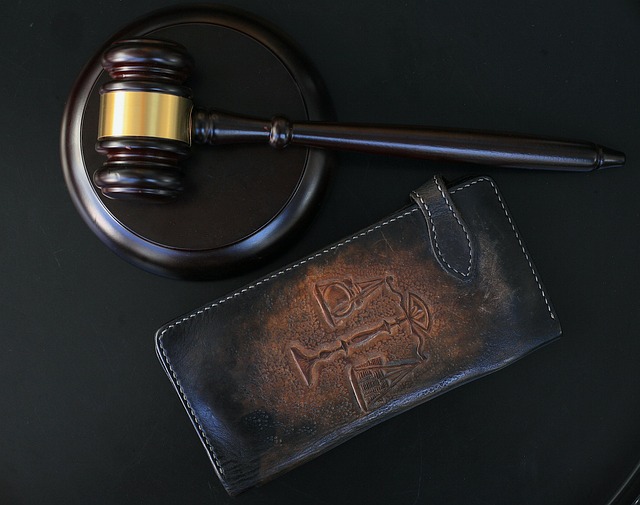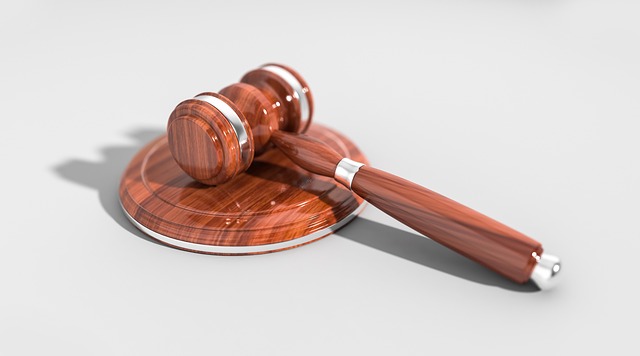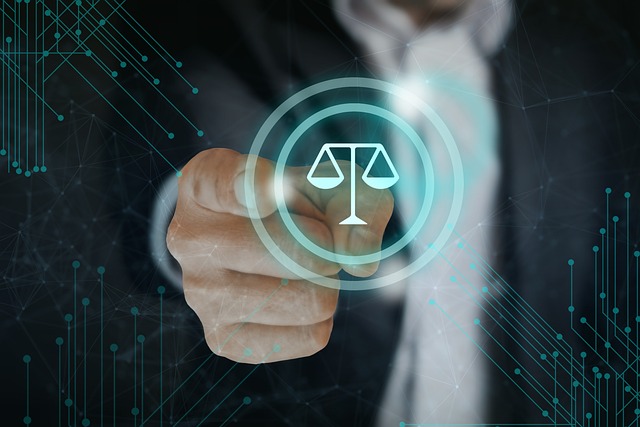Securities Class Actions empower investors to collectively fight corporate misconduct and recover losses through a collaborative process similar to personal injury claims. To file, investors must prove financial losses and direct connection to defendant's alleged misconduct, often involving misstatements or omissions in financial disclosures. The process includes meticulous research, documentation gathering, claim filing, and articulating damages in court. Successful outcomes require strategic claim structuring, evidence presentation, and compelling argumentation by specialized law firms, ultimately aiming for favorable settlements or verdicts.
Securities class actions empower investors to seek justice collectively when companies violate securities laws. This comprehensive guide delves into the intricacies of understanding, filing, and navigating these complex legal processes. We explore eligibility criteria for joining a class action, providing a step-by-step breakdown of the claim filing process, and highlighting common challenges—along with winning strategies—for investors seeking to recover losses from fraudulent or negligent securities activities. Learn how to file a personal injury claim effectively in the realm of securities litigation.
- Understanding Securities Class Actions: An Overview
- Eligibility Criteria for Filing a Claim
- The Process of Filing a Personal Injury Claim in Securities Litigation
- Common Challenges and Strategies for Success
Understanding Securities Class Actions: An Overview

Securities Class Actions provide a powerful mechanism for investors to seek justice and recover losses incurred due to corporate misconduct. Unlike individual claims, where a single investor might face significant hurdles in terms of legal costs and potential low payouts, class actions aggregate numerous similar cases into a single lawsuit. This collective approach enhances the negotiating power of plaintiffs and can lead to more substantial settlements or verdicts.
Understanding how to File a Personal Injury Claim is somewhat analogous in this context; investors come together to assert their rights against entities that have violated securities laws. The process involves careful coordination among lawyers, who guide clients through all stages of the investigative and enforcement process. This collaborative effort ensures that corporate and individual clients alike receive fair compensation for any harm caused by fraudulent or misleading practices in their respective businesses.
Eligibility Criteria for Filing a Claim

When considering how to file a personal injury claim in the context of securities class actions, understanding the eligibility criteria is paramount. To be eligible to file a claim, investors typically need to demonstrate that they have suffered a financial loss as a result of the alleged misconduct and that these losses meet certain threshold requirements. This often involves showing a direct connection between the harm and the defendant’s actions, which can include misstatements or omissions in financial disclosures.
The process begins with thoroughly reviewing the specific case details and relevant laws. Investors should then gather essential documentation, such as purchase records and financial statements, to substantiate their claims. While a general criminal defense strategy may not be applicable here, focusing on civil remedies is key. The goal is to secure compensation for damages incurred, which can include both economic losses and, in some cases, punitive damages. Ensuring the claim aligns with the facts and meets the legal standards is crucial for a successful outcome, potentially leading to a complete dismissal of all charges against the accused parties for their clients.
The Process of Filing a Personal Injury Claim in Securities Litigation

When navigating the complex landscape of securities litigation, understanding how to file a personal injury claim is vital. The process begins with meticulous research and documentation. Investors seeking redress for white-collar and economic crimes, such as fraud or misrepresentation, must gather evidence meticulously. This includes financial records, correspondence, and any materials that highlight the misconduct. An experienced legal team can assist in sifting through these remnants, piecing together a compelling case.
Once prepared, the claim is filed with the appropriate court, following specific procedures. Plaintiffs must articulate their damages, demonstrating how they were harmed economically due to the defendant’s actions. With an unprecedented track record of success, top-tier law firms specializing in securities litigation can help investors achieve extraordinary results. Their expertise ensures that claims are structured effectively, increasing the likelihood of a favorable outcome.
Common Challenges and Strategies for Success

Securities Class Actions often present unique challenges for both plaintiffs and defendants. One significant hurdle is navigating complex legal landscapes, as these cases typically involve intricate financial instruments and regulations. Understanding the nuances of securities law and demonstrating a material violation can be daunting tasks. Moreover, the potential for high-stakes outcomes makes it crucial to employ strategic tactics from the outset.
To achieve success in these actions, plaintiffs’ attorneys must carefully construct their claims, focusing on issues like misrepresentations or omissions in financial disclosures. A robust strategy involves gathering comprehensive evidence, including expert opinions, to support allegations. Additionally, effectively communicating the impact of alleged misconduct on class members is essential. For defendants, a strong defense may include challenging the merits of claims, raising jurisdictional questions, and employing white-collar defense strategies. Ultimately, successful outcomes often hinge on meticulous preparation, thorough understanding of the facts, and a compelling presentation of arguments to judges and juries—especially when navigating the intricate world of securities litigation. While these challenges exist, a well-executed strategy can lead to significant recoveries for harmed investors, demonstrating the value of pursuing How to File a Personal Injury Claim in such cases. Even in scenarios where philanthropic and political communities are involved, a complete dismissal of all charges is not always the outcome, and strategic adjustments can be made throughout the legal process.
Securities class actions can be complex, but understanding the process is key. By grasping the eligibility criteria and navigating the steps involved in filing a personal injury claim, individuals wronged in securities litigation can take control of their situation. While challenges exist, employing strategic approaches to these obstacles can significantly enhance the chances of success. Remember, “How to File a Personal Injury Claim” isn’t just about legal procedures; it’s about seeking justice and ensuring accountability in the financial realm.






